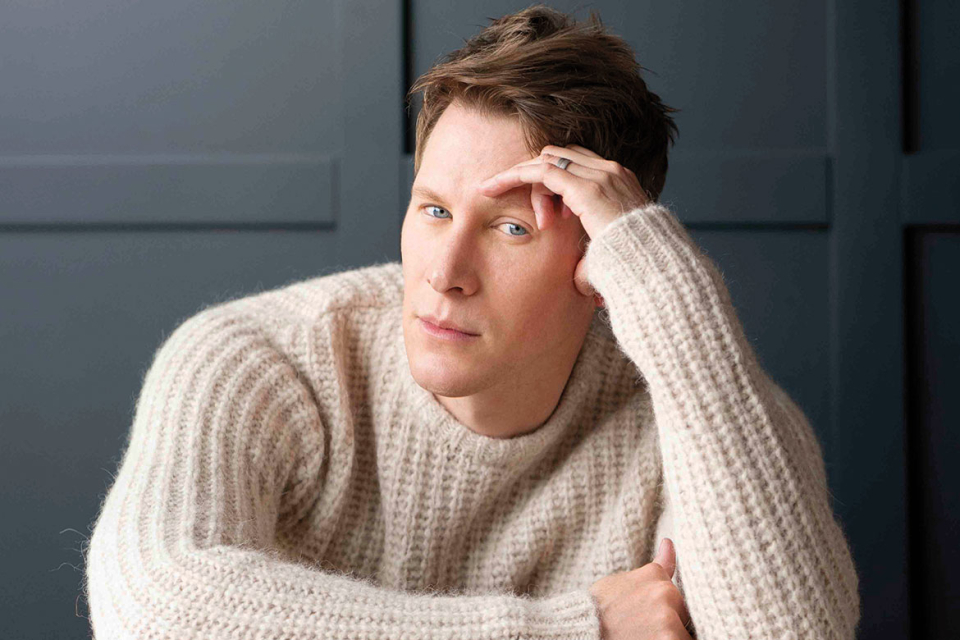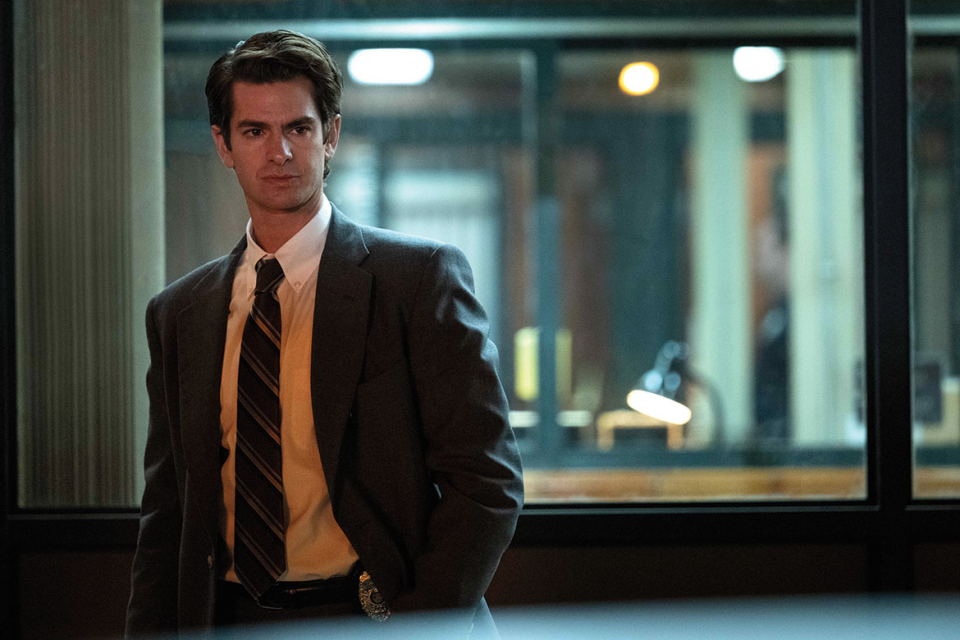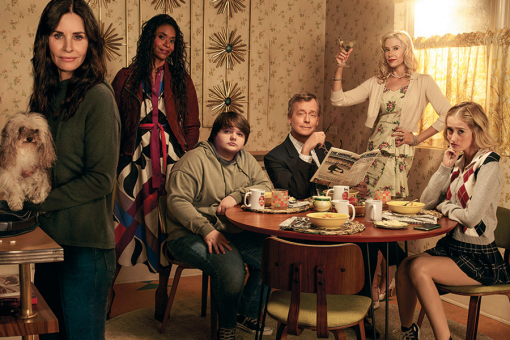In 2011, Dustin Lance Black, the Oscar-winning screenwriter of Milk, was set to turn out a feature film for Warner Bros. — with Imagine's Brian Grazer and Ron Howard on board to produce — and it was a script he felt uniquely qualified to write.
The film was to be based on the Jon Krakauer book Under the Banner of Heaven, a sprawling examination of the 1984 murder of a young Mormon wife, Brenda Wright Lafferty, and her infant daughter in American Fork, Utah, a small town thirty miles south of Salt Lake City. The killers, fundamentalist Mormon brothers Ron and Dan Lafferty, insisted they were acting on orders from God.
The book interweaves three complex stories: the murder investigation, Brenda's relationship with the Lafferty family from 1979 to '84, and the history of the LDS (The Church of Jesus Christ of Latter-day Saints) religion, beginning in the 1850s with its founder, Joseph Smith.
Black was raised in a devout LDS home and was a writer on HBO's Mormon-themed drama series, Big Love. He is also a longtime admirer of Krakauer's book. "It's a world I grew up in," he says. "The issues that existed in 1984 still exist today."
But when he tried to adapt the book's more than 400 pages, he says, "To put it frankly, I failed. I could not figure out how to tell the story in two hours. If I took one of those stories out, the piece fell apart."
In 2015, Grazer called with good news: the miniseries was back in vogue. Would Black be interested in a more expanded format?
The answer, of course, was yes. Under the Banner of Heaven, produced by FX and streaming on Hulu, premiered in April as a seven-episode limited series. In addition to writing, Black served as showrunner and an executive producer.
Heaven stars Andrew Garfield (tick, tick... BOOM!, The Eyes of Tammy Faye) as detective Jeb Pyre, whose own Mormon faith is called into question as the investigation uncovers buried truths about the origins of LDS. Sam Worthington (Avatar) costars as Ron Lafferty opposite Daisy Edgar-Jones (Normal People, Fresh) as Brenda Wright Lafferty.
From the beginning, Black strove for a balanced approach. "What I didn't want was the experience I had growing up Mormon, to have outsiders discussing our faith and attaching all sorts of stereotypes and misconceptions," he says. "It would not be right to paint the rank-and-file Mormons with one brush."
As the series begins, Brenda — an aspiring TV newscaster — finds her mainstream Mormon ways clashing with the Lafferty clan's more extreme fundamentalist views. Black journeyed to Idaho to sit with the Wright family, who shared letters and journals that revealed Brenda as a woman who "felt honored that the church had given her a calling, and that was to try and save the Lafferty family," Black notes. "That was a calling that had dire consequences. I think she knew she was risking her life.
"In Mormonism, you are sent to Earth to build a family that you will take into eternity in Heaven," Black explains. "She's married into a family that's highly esteemed and is watching it falling apart — she's watching her eternity fall apart."
Black spent equal time with the Lafferty family, visiting Dan (played by Wyatt Russell) in prison. "I needed to meet the kind of person who could do what he did," Black says. "I did not want to base him on my notions of sociopathic murderers I might've seen in films. I wanted to look into his eyes. It was chilling; it was a game of chess. I could tell he was enjoying it — that was not my thing. But I came out with a greater understanding."
The detectives, both fictionalized, serve as windows into the story. Jeb's partner, Bill Taba (Gil Birmingham, Yellowstone), is portrayed as an older, Indigenous detective. "Jeb is the mainstream Mormon looking deeply into the customs of his church," Black says. "Bill represents the audience perspective; he's the outsider. He's never been a Mormon, but he's going to learn about the history of Mormonism."
Growing up in San Antonio, Black was raised largely by his mother, who'd been left paralyzed by polio. As a child, he realized that he was gay — which he knew was forbidden by his religion.
"I didn't have the confidence to think the church was out of line — I thought I was," Black recalls. Now an ex-Mormon, he has observed both good and bad behavior from the church. "One of the hardest things I ever had to accept was that it wasn't the church for me," he says. "It took a long time."
After graduating from film school at UCLA as a directing student, Black began to write in earnest. In addition to Big Love (which featured Bill Paxton as the head of a polygamous family), Black's other credits include the feature film J. Edgar and the ABC miniseries When We Rise, which he created, executive produced and directed.
He is equally celebrated for his work as a gay-rights activist. On the night Black won the Oscar for Milk — starring Sean Penn as slain politician and activist Harvey Milk — he made a startling promise in his acceptance speech: that young LGBT people across the country would soon have full federal equality.
Black tears up as he recalls his mother sitting him down the day after and reminding him, "A promise is a sacred thing — and you just made one in front of the world."
At that point, Black realized, "I had no choice but to step away from Hollywood." He spent the next five years fighting Proposition 8, the ballot measure intended to ban same-sex marriage in California; it was passed in the 2008 election and subsequently overturned by the court.
Ironically, Black reports, "It was the Mormon church who convinced me to step away. They were financing the campaign against marriage equality. And I knew I was well versed in what it took to win a gay rights issue, after having made Milk."
Black, who has a husband and young son, says he's fine creating a new project every two to five years or so. "I wait for something that means a great deal to me," he says. "Writing is hard, and it should be. You do it when you can't turn away from a project. It's a great catalyst for change."
Besides Black, the executive producers of Under the Banner of Heaven include Brian Grazer, Ron Howard, Anna Culp, Jason Bateman, Michael Costigan, Gillian Berrie and director David Mackenzie.
This article originally appeared in emmy magazine issue #7, 2022, under the title, "The Insider."












